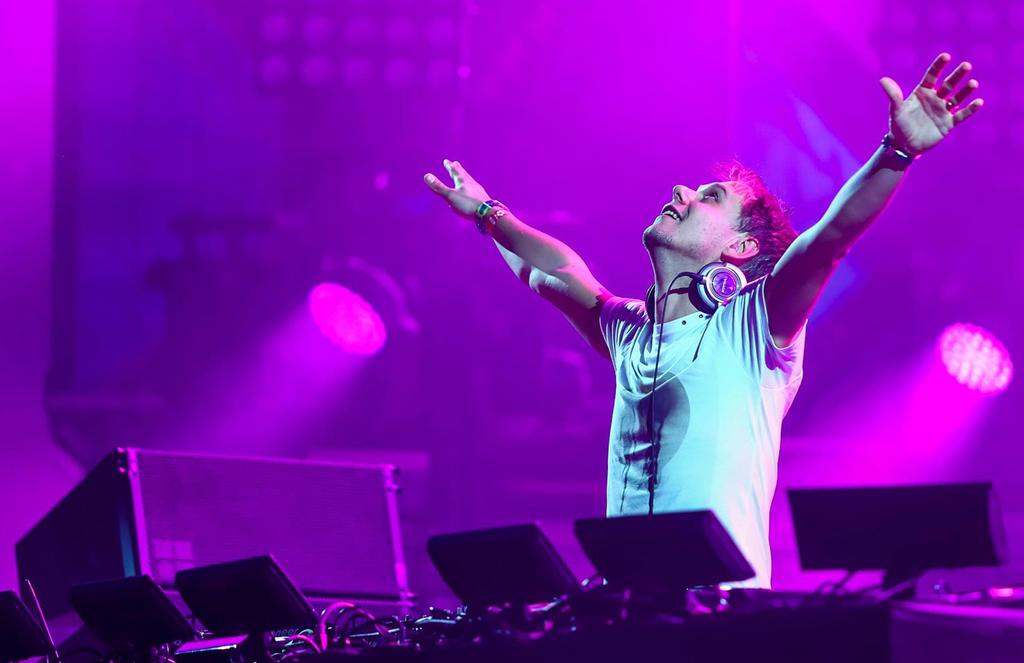
The Shortest Path to DJ Fame
So I meet this girl the other day, and the first question she asks is: “Wow, you’re a DJ, is it hard to make those tracks?” I patiently reply that I’m a DJ, not a producer and I “just” play other people’s music. And that’s true. But you know why this question inevitably comes up?
Because most people learn about DJs through the tracks they produce.
(Unconvinced? Just look at the latest DJ Mag’s Top 100 DJs list.)
Think about it. You’ve worked in your DJ residency for years. If you’re good, you developed a loyal following and even play a gig out of town now and then. Now contrast that to a fellow DJ who just got a popular track released. He’s on the radio, in people’s cars; other DJs play his music for their crowds.
He’s a quantum leap ahead of you.
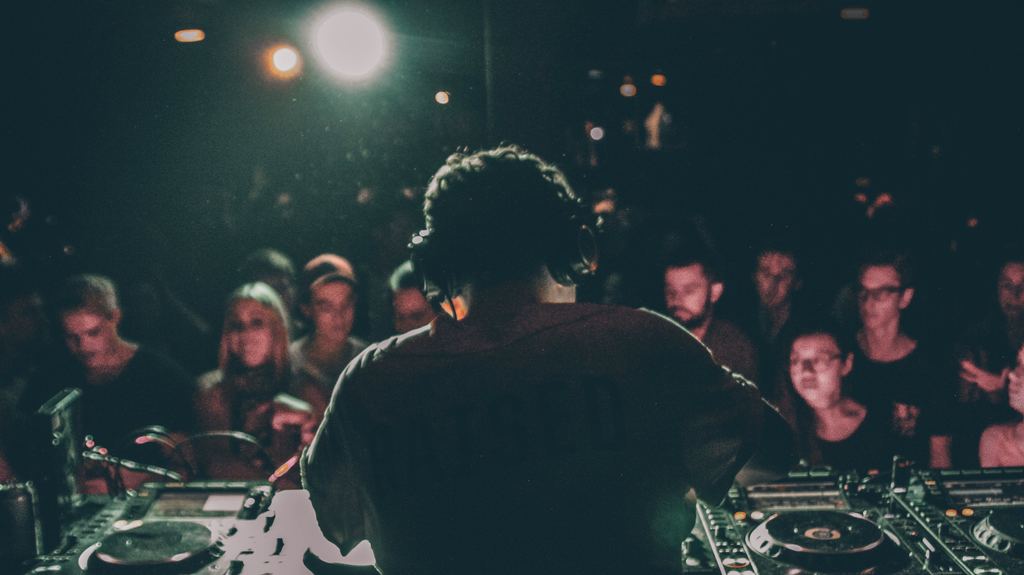
The #1 Secret to Getting Better Consistently
They say that to become a world-class pro at anything, you have to put in at least 10,000 hours of practicing. For a DJ, this means playing out whenever, wherever, as much as you can. In other words:
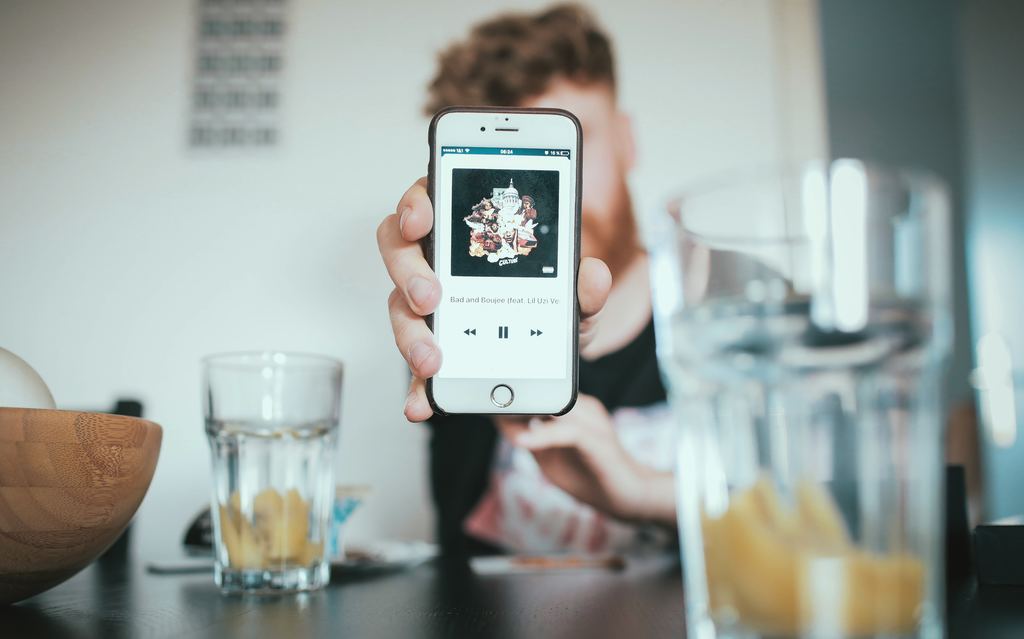
5 Tips on Discovering New Music to DJ With
Your job as a DJ is to always be on a lookout for new material. In a way, what you are paid for is doing the dirty work of picking great tracks for other people. So how do you go about finding new music to play?
Dance music stores. Brick and mortar record shops are a dying species these days, but if you have one if your town, make sure you drop by regularly. The staff can sometimes offer a good tip or two, and those vinyl crates in the back may house the gem you wouldn’t discover otherwise.
Radio. Rule #1 for a DJ is to always be listening to music. Radio – online and offline – is a perfect tool for that. Tip #1: Develop your musicianship by occasionally switching to a station you wouldn’t normally listen to, e.g. jazz or 70s music. Tip #2: Get Shazam on your phone to be able to identify that killer track, quickly.
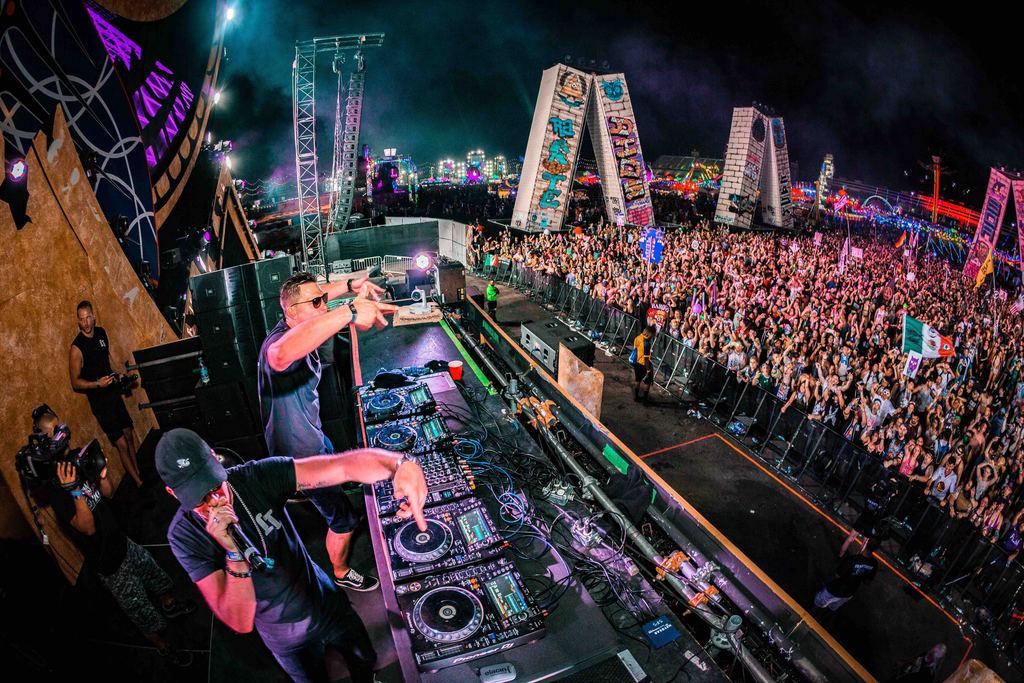
How (Not) to Piss off the Other DJ
DJing is not exactly a team sport but if you’re booked to play in a club or bar, you most probably won’t be the only DJ playing. So it’s important to play nice. Here are a few tips on how to avoid pissing off the other DJ and making them mad at you.
Start setting up after their final track is on. You don’t want to distract the other DJ with setting up your gear while they are playing. Leave it to their final track.
Let their last track play. It’s extremely rude to cut the previous DJ’s final track in the middle and not let it play at least close to its end. You show your respect by letting it play, and the other guy will appreciate that.
Don’t overshadow the DJ you’re opening for. If you’re warming up for another DJ, don’t play all the big tunes they are expected to play, especially if those are their tunes. Similarly, don’t turn the volume all the way up – leave them some space, too.

5 Proven Ways to Mix in the Next Tune
Mixing B’s intro over A’s outro is the simplest mix there is, but it’s rather boring to do it every time. As your DJing skill grows, you’ll want to bring a bit more variety into your sets and control your energy levels better.
Here are a few ideas for when you can mix the new track in. The below assumes that you are familiar with the structure of a typical dance track – head over here if you are not.
Intro over outro. The simplest mix is also the most failsafe because it will work even if you don’t know the tunes well. Start B as A hits its outro and begin to bring it in 8 or 16 bars later. Then again, playing the full 6-7 minutes of each and every track may bore the dancefloor.
Intro over last chorus. This is the mix that I dissect step by step in this article. Start B on A’s very last chorus and begin to bring it in as A hits its outro 16 bars later. A is not fully gone by then, so this blend will require a bit more EQing on your part (and lots of it if B develops quickly). This mix lets you preserve your momentum better and continue it into the next track.
Can a Deaf Person DJ?
I’m sure you’ve seen the “It’s All Gone Pete Tong” movie about Frankie Wilde, a superstar DJ who goes completely deaf. (Go ahead and watch it if you didn’t.)
The movie is fiction, but here’s a kicker: A deaf DJ actually exists, and he’s pretty successful at that. Moreover, his last name is also Wilde. Check out the video above!
Now, if DJ Robbie Wilde did it, then you can, too.
Have you watched “It’s All Gone Pete Tong”? Do you think you’d be able to DJ deaf? Leave a reply in the comments section below.
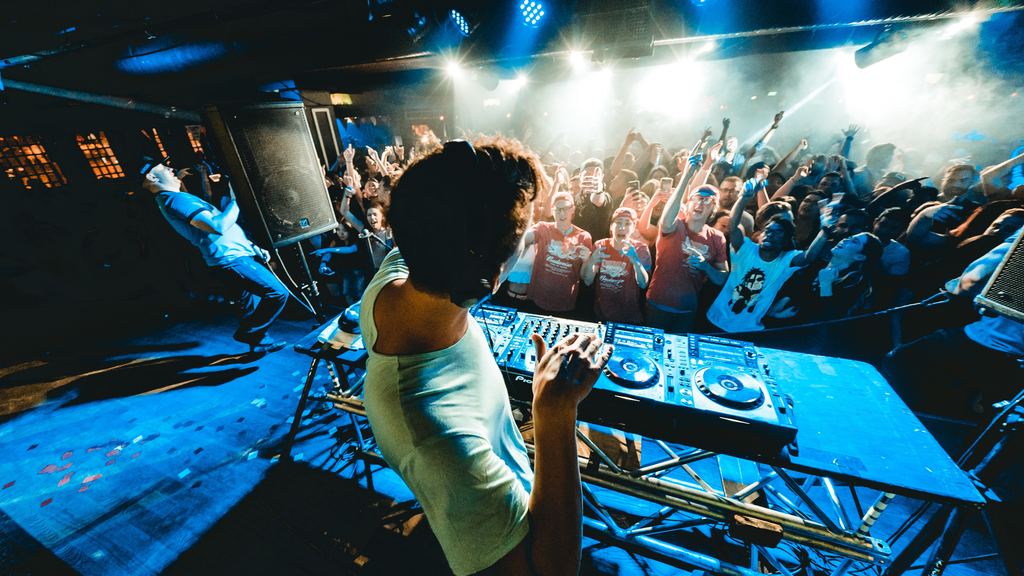
Surviving Your First Gig
The day has finally come and you’re invited to DJ your first gig in public. For most of us, this is exciting news, but also a bit scary – am I going to do all right? What if I screw up? Don’t worry, here are a couple of pointers to get you ready for your first public performance.
Turn it down if you’re not ready. If you just started practicing or, worse yet, barely know what DJing is all about, turn down the gig and play when you are more prepared. And no, you won’t be more prepared in a week – becoming more or less confident with the basics takes months.
Preparation is key. Don’t plan your whole set in advance but do have a general understanding of what you will be playing. That said, leave yourself room to maneuver and bring a wider variety of music than just your favorite Egyptian minimal techno tracks. You never know what direction the crowd will lead you in.
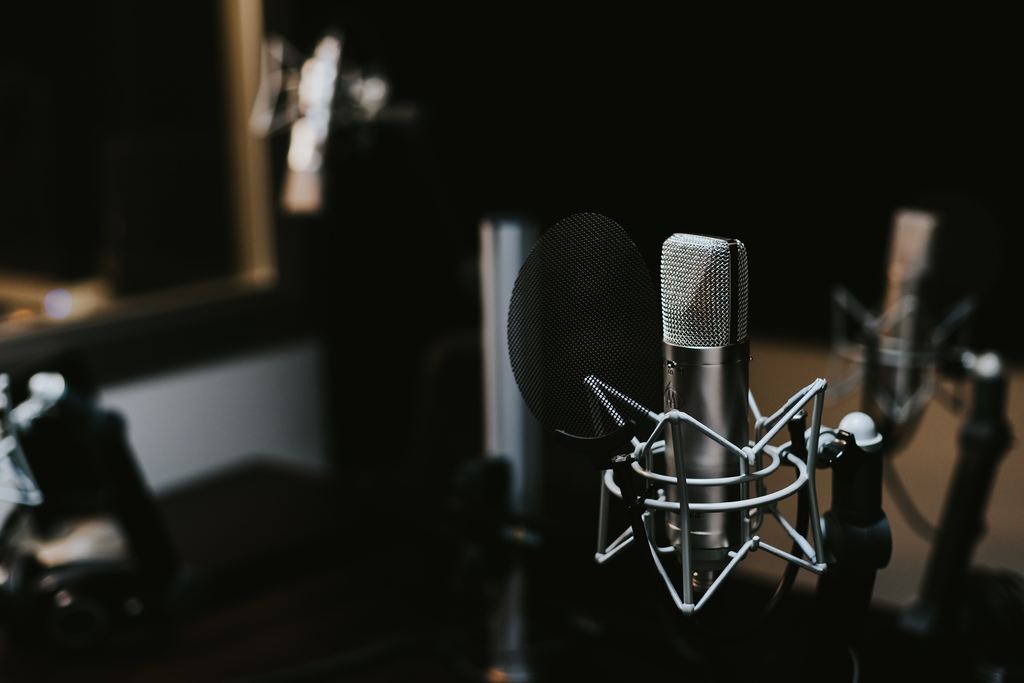
How to Record a DJ Drop for Yourself
Ever wondered about that cool voice that says “DJ Awesome” in the middle of someone’s mixtape or live set? That’s called a DJ drop (also a “jingle”, or an “ident”), and its purpose is to add a bit of a professional touch to your performance. It also helps the crowd remember your name better.
There are a number of ways you can go about recording a DJ drop for yourself. If you decided to record your own or your friend’s voice, try to get your hands on a condenser microphone of the “large diaphragm” type. LDMs are famous for their warm and rich sound. They are very sensitive, too, so you’ll probably need to use a pop screen when recording your voice. I know, it can get crazy real quick!
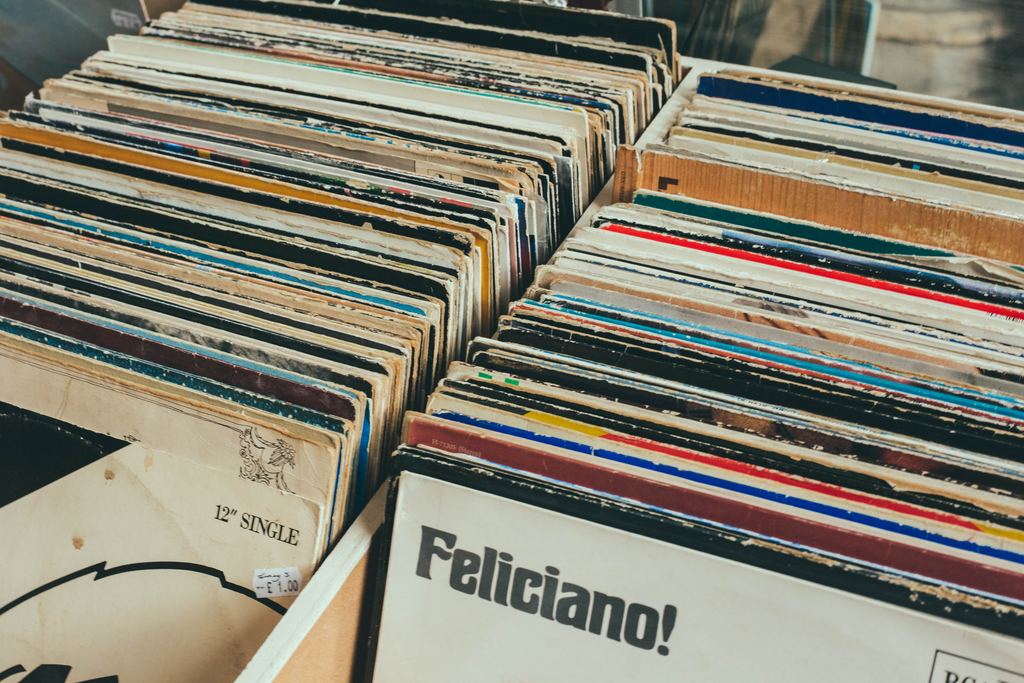
What Music Should You Play?
I got into DJing because I fell in love with house music and I wanted to share this love with other people. The question of what kind music to play had never entered my mind – I always played the tracks that I love.
Thus it makes me cringe when I see newbie DJs asking on forums what music they should play, or for playlists to play music from. I get it – there are situations where you’re just unsure, but in all of them, you’re approaching it from the wrong end. Let me explain.
If you want to get into DJing for the girls/money/glitter and don’t care much for the music, that’s a dead end. You see, if you don’t know and appreciate your tracks, neither will your audience. Your sets will be dull and boring, and long-term, that’s a path to nowhere.